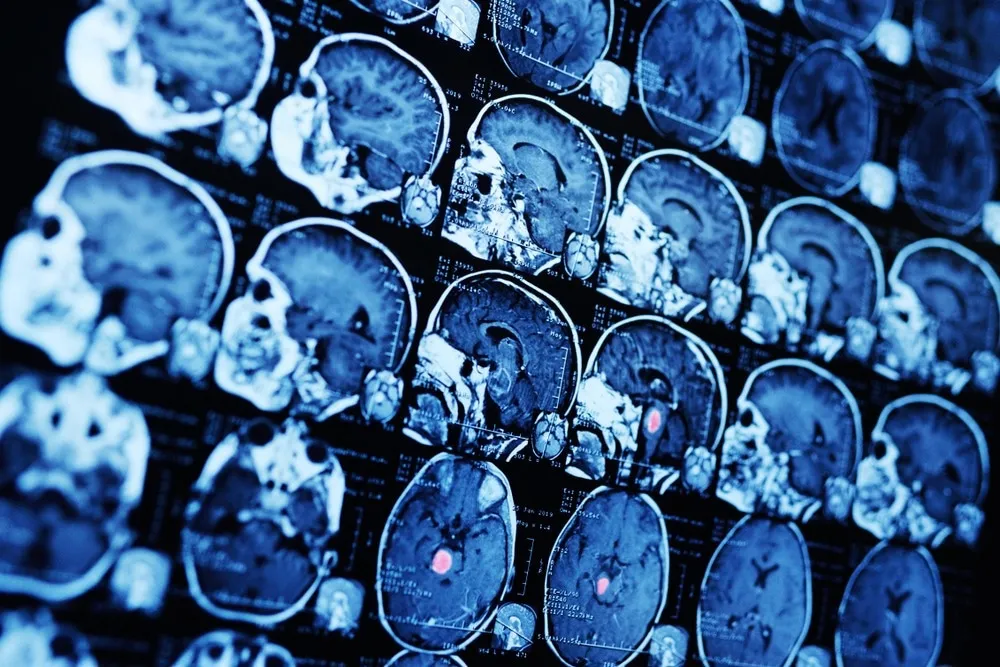Neuroimaging Research Reveals Persistent Brain Changes in Depression

Neuroimaging Insights into Depression
Recent research underscores how neuroimaging techniques reveal persistent changes in the brain structure of individuals with depression. Even in the absence of overt symptoms, these individuals exhibit noticeable alterations in their brain's salience network. This observation raises critical questions about mood-state shifts and treatment responses.
Understanding the Salience Network
- Salience Network Growth: Continuous growth in this neural network may indicate underlying neurobiological changes.
- Implications for Treatment: It prompts further exploration into how these changes affect treatment efficacy.
Research Implications
The findings from neuroimaging studies present a compelling case for reevaluating depression's impact on brain function, suggesting that interventions might need to address these persistent neural changes to improve patient outcomes.
This article was prepared using information from open sources in accordance with the principles of Ethical Policy. The editorial team is not responsible for absolute accuracy, as it relies on data from the sources referenced.